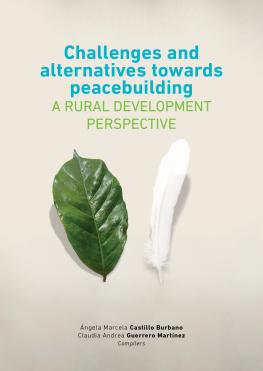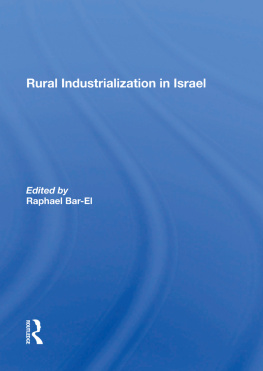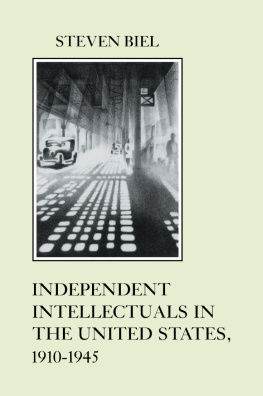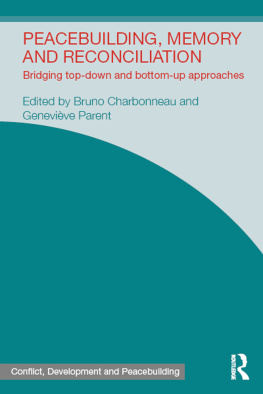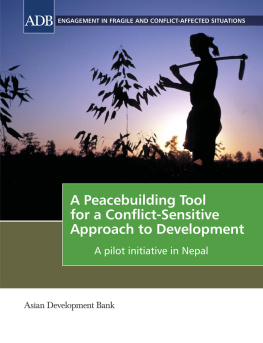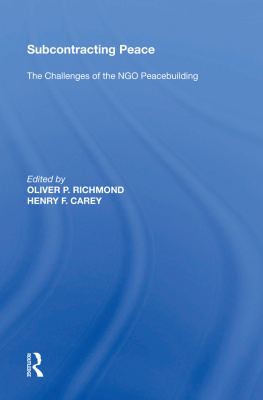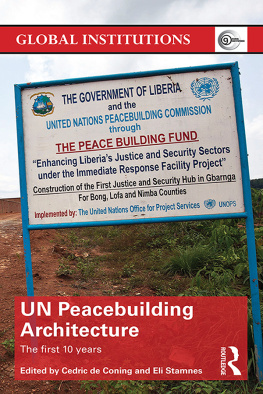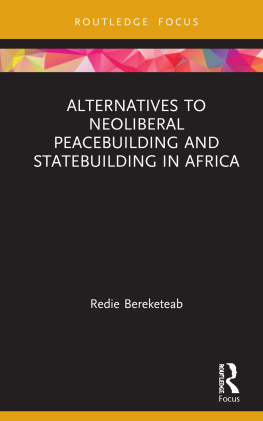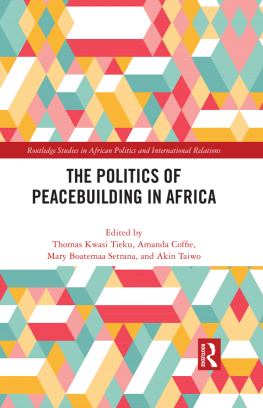Challenges and alternatives towards peacebuilding
a rural development perspective
how to cite this book Castillo Burbano, A. M. y Guerrero Martnez, C. A. (Eds.) (2020). Challenges and alternatives towards peacebuilding: a rural development perspective (Philippe White, Transl.). Bogot: Ediciones UCC y Centro Editorial Uniminuto. (Original title published in 2020). https://dx.doi.org/10.16925/9789587602388 |
Challenges and alternatives towards peacebuilding
a rural development perspective
Compilers:
ngela Marcela Castillo Burbano
Claudia Andrea Guerrero Martnez
Authors:
Israel Biel Portero
Andrea Carolina Casanova Meja
Amanda Janneth Riascos Mora
Alba Lucy Ortega Salas
Luis Andrs Salas Zambrano
Franco Andrs Montenegro Coral
Julie Andrea Benavides Melo
Deicy Andrea Villarreal Rodrguez
ngela Roci Mora Caicedo
Claudia Andrea Guerrero Martnez
Karen Eugenia Ocaa Figueroa
Natalia Villota Benavides
Juan Camilo Fajardo Goyes
lvaro Mauricio Chamorro Rosero
Ronald Mauricio Urbina Ibarra
ngela Marcela Castillo Burbano
Fernando Andrs Mosquera Navia
David Eduardo Lpez Pantoja
Jess Esteban Guerrero Fajardo
Research Project:
Rural development alternatives for peacebuilding: educational strategies to strengthen the ability of producers and young people that contribute to the coffee production chain in the municipalities of Leiva, Policarpa and Los Andes of the department of Nario, with international impact in the province of Carchi-Ecuador
Publishing House
National Editorial Director
Julin Pacheco Martnez
Editorial Management Specialist
Daniel Urquijo Molina
Editorial Production Specialist (books)
Camilo Moncada Morales
Editorial Production Specialist (magazines)
Andrs Felipe Andrade Can
Editorial Analyst
Claudia Carolina Caicedo Baquero
Administrative Assistant
Yeraldin Xiomara Sua Pez
Editorial Assistant
Hctor Gmez
Title: Challenges and alternatives towards peacebuilding: a rural development perspective
Original title: Retos y alternativas para la construccin de paz: una mirada desde el desarrollo rural
Authors: Israel Biel Portero et al .
ISBN (printed): 978-958-760-237-1
ISBN (PDF): 978-958-760-239-5
ISBN (EPUB): 978-958-760-238-8
Original ISBN: 978-958-763-400-6
DOI: https://dx.doi.org/10.16925/9789587602388
Translator:
Philippe White
layout:
Kilka Diseo Grfico
Proofreading:
Matilde Salazar
Printed by:
Xpres Estudio Grfico y Digital S. A. S.
First Edition, Bogot, Colombia, June 2020.
300 examples
This work is in copyright. It is subject to statutory exceptions and to the provisions of relevant licensing agreements; with the exception of the Creative Commons version the link for which is provided below, no reproduction of any part of this work may take place without the written permission of Ediciones UCC and Corporacin Universitaria Minuto de DIos University Press.
Catalogacin en la publicacin Biblioteca Nacional de Colombia Challenges and alternatives towards peacebuilding: a rural development perspective / compilers, ngela Marcela Castillo Burbano, Claudia Andrea Guerrero Martnez; authors, Israel Biel Portero [et al.]. -- Bogot: Universidad Cooperativa de Colombia : Uniminuto, 2020. 284 p. It includes references. Original title: . ISBN 978-958-760-237-1 -- 978-958-760-239-5 (pdf) -- 978-958-760-238-8 (e-pub) 1. Peace building - Colombia 2. Peace Process - Colombia 3. Rural development - Colombia I. Castillo Burbano, ngela Marcela II. Guerrero Martnez, Claudia Andrea III. Biel Portero, Israel CDD: 303.6609861 ed. 23 CO-BoBN |
Summary
Rural development and peacebuilding in Colombia have been highly prioritized by higher education institutions since the signing of the Peace Agreement between the National Government and the FARC-EP. This has resulted in the need to further analyze rural strategies that contribute towards a better life for the population of territories where armed conflict is coming to an end, whilst understanding the pressing uncertainty that this process implies; on the one hand, for the urgency of generating rapid and concrete responses to social justice and equity, and on the other, because fulfilling the agreement guarantees scenarios of non-repetition of the war in the country.
These were some of the reflections that motivated the research project Rural development alternatives for peacebuilding: educational strategies to strengthen the ability of producers and young people that contribute to the coffee production chain in the municipalities of Leiva, Policarpa and Los Andes of the department of Nario, with international impact in the province of Carchi-Ecuador. This work is presented as an investigative result that contains the analysis of theoretical and territorial dynamic contributions regarding the construction of peace, education and the economy for rural development.
The book is made up of three parts: Part 1 gathers sociological, legal and demographic works on the challenges of peacebuilding with the national and departmental context of Nario, and looks at human rights from the perspective of population health and quality of life. Part 2 presents texts on the dynamics of rural education in Colombia; national challenges and lessons learned based on case studies of specific forms of education. Part 3 presents economic analyses regarding the models that are behind the conception of rural development and the productive and institutional dynamics of the local sphere for the generation of employment and income.
All three parts are relevant at both the national level and also the more specific area of the department of Nario and within this, the Cordillera region. This area, historically affected by the armed conflict, despite experiencing continuing uncertainty regarding the resurgence of violence and the increase in illegal crops, has also reignited hope with regards to finding solutions to the problems seen in the countryside; through educational, community and productive experiments.
Although there are contradictory dynamics, the authors agree that the rural territory is a scene of permanent and collective construction, mediated by constant social struggles and power disputes with the State. It is therefore necessary to rethink the strategies for implementing the Peace Agreement in this region, with participatory scenarios being provided to include the rationale specific to rurality, such as: justice and reconciliation, social pedagogy, pertinence of study and student retention rates, social and solidarity economy, productive associativity, demographic conditions and health; including the physical, mental and social wellbeing of rural workers. With this work, we hope to reflect collectively with academics and human rights activists, spurring an increase in studies of rural areas and those analyses of community and innovative strategies that reinforce the road towards the construction of a lasting peace with social justice in Colombia.

